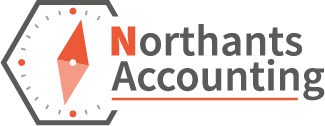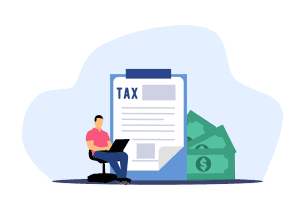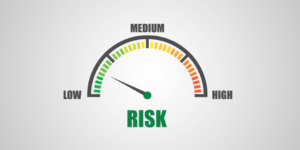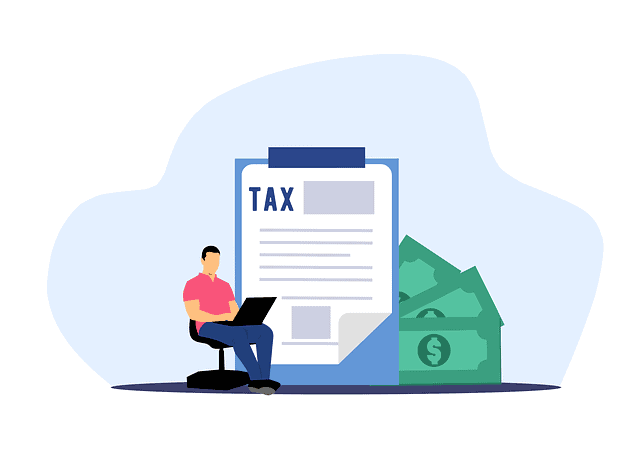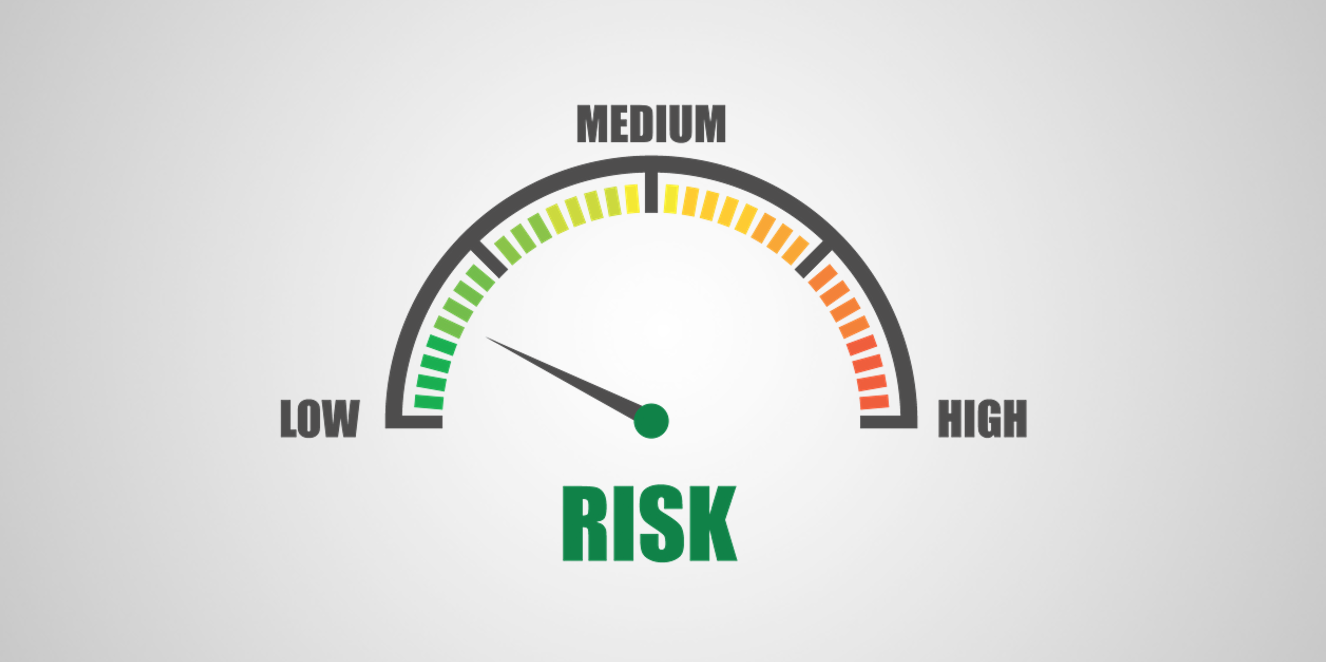Most clients that come to us are aware that their limited company is a separate entity, in the same way that their friend is a separate person. This means that your company has its money and you have your own and this is a really important distinction as it means that for you to get hold of any money from your business you need to be officially paid.
If you’ve ever had a job then you may understand the concept of earning a salary, but as a limited company owner you can also earn money through the business as dividends. It might seem easier to pick one or the other but, many business owners have a combination of the two and here’s why.
Salaries
Taking a salary from your business is important for two main reasons:
- It uses up your personal allowance for tax, which is something a dividend can’t do.
- It qualifies you for your state pension, which is also something a dividend can’t do.
Dividends
And here are some reasons you might want to take a dividend:
- After around £8k of salary you start paying national insurance on it, which is 12% plus potentially another 13.8% in employer’s contributions. With dividends you would pay 7.5% (6% comparative) dividend tax on them.
- Dividends use up your dividend allowance.
So hopefully it’s clear from the points above that you need a combination of salary and dividends to be tax efficient. It’s worth keeping in mind that there are also other sources of income you may have that we’d need to factor in to calculate the optimum ratio, so it wouldn’t hurt to be as open as possible with us about your finances.
Strategy
There’s a few key questions we ask ourselves when working out a tax strategy for our clients:
1. Is there a spouse involved in the business and do they have tax allowances or a basic rate of tax to use up?
2. Is our client likely to end up paying higher rate tax at 45%? 3. Have we fully utilised their personal tax allowance?
4. Can they benefit from paying into a pension?
One of the best things about a limited company is that it can make a profit but a large part of the tax you pay only happens when you take money out, this means that it’s possible to reduce dividends to a business owner to keep them out of higher rate tax and save the money in the company bank account for a rainy day, even when the company is doing well.
Directors Loans
A lot of clients worry that every bank transfer they make to pay themselves needs to be perfectly thought out and classified as a salary or dividend on the spot, this isn’t the case and here’s why:
If your company declares a salary or dividend and it doesn’t transfer the money to your bank account, then it owes you the money.
If you withdraw money from your company and it hasn’t been declared as a salary or dividend then you would owe the company money.
This shows that there can be a timing difference between the issue of salary/dividends and when they are physically paid out to you, this is managed through the director’s loan account.
The directors loan account also reflects money that you originally invested into the business and any money you continue to invest. For example, if your company issued £45k of salary and dividends to you, but you only paid yourself £30k then this £15k difference would show on the DL account as money owed to you.
If you’re owed money then you can take it out of the company any time in the future tax free so issuing dividends and a salary are a great way of utilising your tax allowances and basic rate band in a year, even if you want to reinvest the money in the business.
The directors loan account and the issuing of salary and dividends is something we’ll provide extensive support with, so you’ll never be left to figure it out on your own.
Savings Income
Many business owners can also charge their company interest if they are owed a lot of money by the company, this is a great way to get tax free income as it is often covered by savings allowances.
Spouses
Earlier in this guide I mentioned that you may have a spouse or partner involved in the business and as long as it’s a legitimate involvement then there can be substantial tax savings to be generated.
As a family you’d pay a lot less tax if you and your husband/wife each had a job paying £30k per year rather than if one of you was earning £60k per year and the other nothing at all. This is because in the second scenario you would only have one personal tax allowance to use up and you would also end up paying higher rate tax.
Husband and wife income sharing can sometimes be classified as artificial tax avoidance by HMRC and challenged, so make sure you talk to us about the right way to do it.
Tax avoidance
With Tax there are things you can do that are outright illegal and they would constitute tax evasion. However, there are also ways to structure your tax that don’t fall foul of any laws, but they can be considered artificial to the point where you can be penalised for them anyway.
One of the key roles of an accountant is to study the tribunal rulings and understand what is acceptable and what isn’t, if in doubt you should always come to us and if needed we can obtain the necessary clearances from HMRC to give you the peace of mind you need.
Download our free eBook
Download our free Limited Company Tax & Finances eBook for free insights into modern business accountancy.
GET IN TOUCH